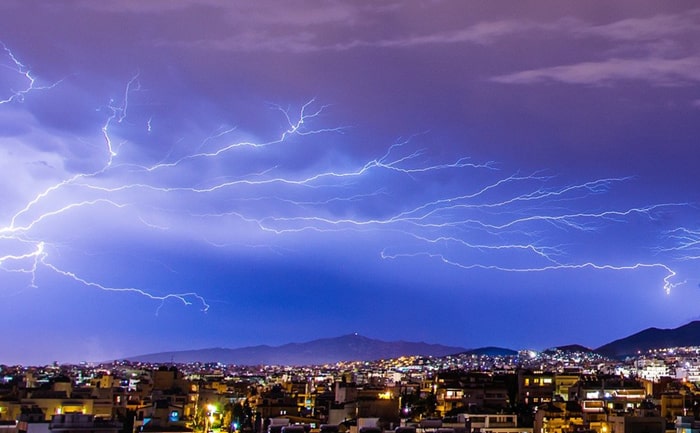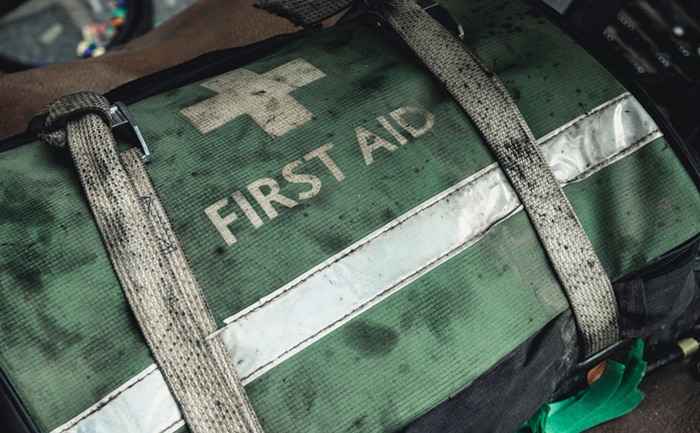
Large Scale Events: Preparation
Large Scale Events: Preparing for the unexpected
Large Scale Events require attention to detail and in-depth event management planning however despite the most meticulous risk assessments sometimes it is impossible to anticipate that an incident will occur.
In addition to carrying out a risk assessment and having procedures in place to prevent the likelihood of any accidents occurring, a response plan is required in case something goes wrong. Everyone who will have to deal with an incident should it occur must understand their responsibilities and be given clear instructions at the planning stage. Therefore there must be a procedure and/or a contingency plan in written form outlining how to respond and who is responsible for each activity.
Unexpected event incidents fall under two categories – those within the event management control and those which are more serious and require the emergency services. Planning for unexpected incidents should account for the following scenarios:
Minor event incidents
These incidents may affect people attending at the Large Scale Events, cause the event to be delayed or disrupt the running of the event. The responsibility for activating a recovery plan to resolve the incident must be clearly defined in your event procedures and contingency plans. Carrying out exercises in the form of mock incidents can assist in identifying the procedures required to recover from the incident and allow the event to continue. This can include difficulties with suppliers, equipment malfunction, the resolution of crowd management issues etc. It must be noted that a minor incident could have the potential to develop into a major incident if not managed correctly.
Major event incidents
The response to a major incident will normally require multiple agencies including the event management staff, the Gardaí, paramedics, fire service and the Local Authority. The instructions of the emergency services will be conveyed to event staff via the Event Controller. Control of the situation will be formally transferred to the Senior Garda Officer or Senior Fire Officer present, who thereafter will manage the incident. An incident such as a major fire, a serious accident involving many casualties, unmanageable crowd disturbances, a bomb scare, terrorist attack, structural collapse or even the effects of bad weather can cause the control of the event to be handed over to the emergency services.
How to respond to a major event incident
The emergency services must be contacted immediately in the case of a major incident – this is often done through notifying the event controller. It is important that all information must be as exact and precise as possible to allow for the emergency services to dispatch the required resources promptly including:
-
- The exact location of the incident
- Type of incident
- Hazards on site
- Access and egress routes available
- Numbers on site
- Numbers injured
- Emergency service(s) required
Emergency action plans and procedures for dealing with major incidents will form part of the large scale events management plan which has been pre-agreed with the statutory agencies. This ensures all plans are compatible with the operational needs of the emergency response services and will result in a more effective response to an incident.



